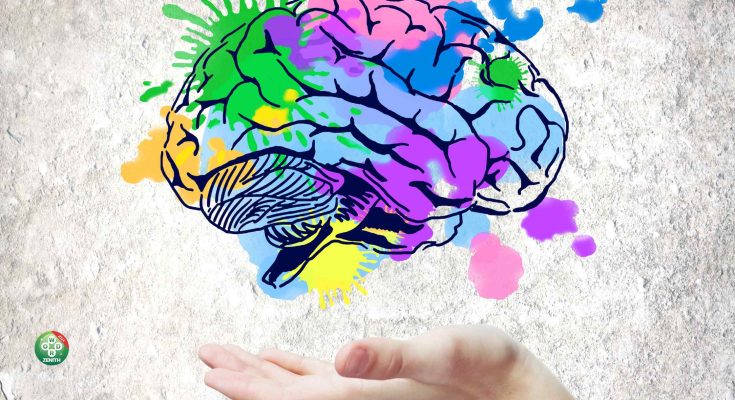As we age, it’s normal for our memories and cognitive abilities to decline slightly. But engaging in mentally stimulating activities can actually help prevent or delay age-related memory loss. When it comes to boosting brain health, word games like crossword puzzles, Scrabble, and word searches have unique benefits that make them especially effective.
How Word Games Enhance Cognitive Function
Word games work our brains in ways that strengthen neural connections and build “cognitive reserve.” This refers to the brain’s ability to optimize and maximize functioning even when facing damage or age-related decline. Here are some of the key ways that word games enhance cognitive function:
Promote Neuroplasticity
Neuroplasticity refers to the brain’s ability to form new neural connections and reorganize itself throughout our lives. As we age, plasticity begins to slow down, but regular mental stimulation can help maintain it. The novel challenges of word games encourage the growth of new connections between brain cells.
Increase Gray Matter Volume
Gray matter contains the brain’s neuronal cell bodies and is critical for cognitive functions like memory, attention, and language. Word games help increase gray matter volume in certain areas of the brain, including the frontal lobe which is involved in executive functioning.
Improve Cognitive Processing Speed
As we age, the speed at which we process information and stimuli tends to slow down. Word games train your brain to work quickly, scanning for patterns and clues, analyzing information, and problem solving. With regular practice, processing speed improves.
Enhance Working Memory
Working memory is used to temporarily store and manipulate information, an important aspect of cognition. Word games exercise working memory by forcing us to juggle letters, words, and clues simultaneously. This helps strengthen and enhance this type of memory.
Boost Concentration
Focused concentration is required to successfully complete word game puzzles. By fully engaging your attention, these exercises train your brain to concentrate deeply for sustained periods of time.
Unique Benefits of Different Word Games
While all word games activate the brain, different types challenge and strengthen specific cognitive skills. Mixing up the format keeps your brain flexible and adaptable.
Crossword Puzzles
Crosswords are one of the most studied word games in relation to dementia prevention. Retrieving obscure knowledge and facts from long-term memory helps maintain these connections. The mental effort of fitting interlocking words together also improves executive functioning.
Scrabble
Scrabble enhances verbal fluency and visual pattern recognition, as you scan the board for high-value letter and word placements. It also flexes math skills and memory as you tally up scores. The social aspect helps with mood and engagement.
Word Searches
Gliding through a word search activates visual scanning, attention, and pattern recognition. Word searches help maintain processing speed as you race to find words as quickly as possible. They also encourage creativity and problem-solving skills.
Word Zenith
Unjumbling letters to form new words challenges the brain’s flexibility, visual-spatial processing, and ability to see patterns in information. Word zenith also engage short-term memory to keep rearranged letters in mind while decoding possibilities.
Word Jumbles
Jumbled words test verbal reasoning skills. You must analyze letters and use logic and critical thinking to unscramble the disordered words. This exercises executive functioning like strategic thinking, planning, and monitoring/evaluating mental performance.
Additional Lifestyle Habits for a Younger Brain
While doing word games and puzzles is extremely beneficial for building cognitive reserve, other lifestyle habits play an equally important role in maintaining memory and preventing decline. Be sure to also:
- Get regular exercise to promote blood flow to the brain
- Follow a Mediterranean-style diet high in omega-3s and antioxidants
- Prioritize quality sleep and manage stress
- Challenge yourself to learn new skills and hobbies
- Stay socially engaged and connect regularly with others
Read More: Exploring the Connection Between Language Skills and Cognitive Agility
Conclusion: Make Word Games Part of Your Routine
Getting into the habit of playing word games regularly pays dividends through significant long-term brain health benefits. Challenging your mental capacities strengthens neural pathways and cognitive skills. Engaging in a variety of word game formats exercises your brain in different ways to maximize results. Along with other lifestyle steps, make word games a consistent part of your routine to build up cognitive reserve and keep your mind sharp, agile, and quick as you age.




